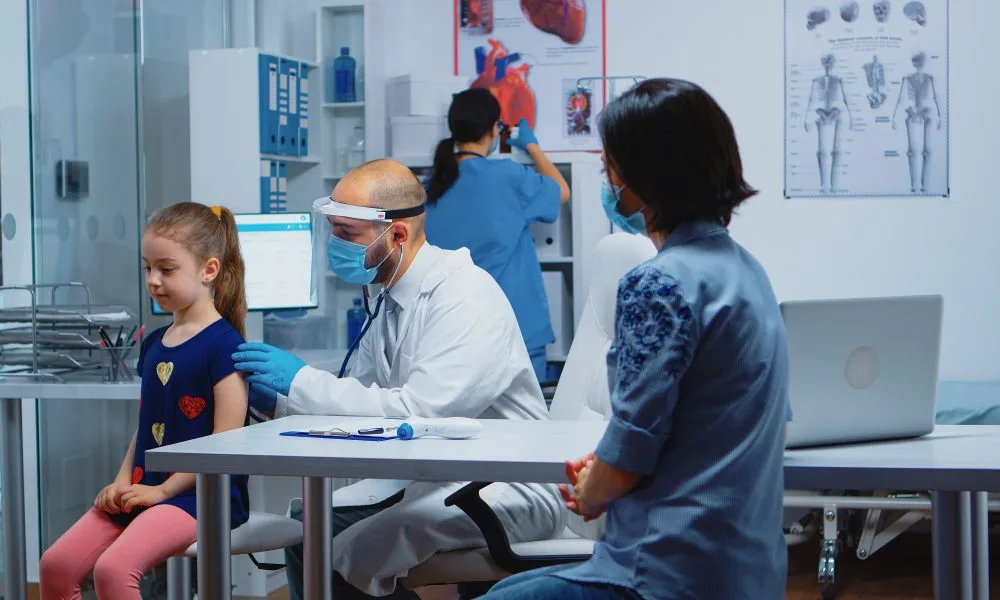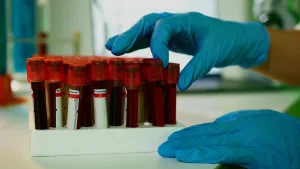Accelerated Aging Observed in Children with Psychosomatic Symptoms
A recent study has shed light on a potential link between psychosomatic symptoms (POMS) in children and their epigenetic age. The research, which compared children experiencing POMS to a control group, suggests that those with psychosomatic issues may exhibit signs of accelerated aging at a biological level.
Study Details: POMS and Epigenetic Age
The study involved a cohort of 125 children diagnosed with POMS and a control group of 145 children without any major health disorders. Researchers analyzed the epigenetic age of all participants, seeking to identify any disparities between the two groups.
Key Findings: Higher Epigenetic Age in Children with POMS
The analysis revealed a notable trend: children with POMS tended to have a higher epigenetic age compared to their healthy counterparts. This suggests that the biological aging process might be accelerated in children experiencing psychosomatic symptoms.
Understanding Epigenetic Age
What is Epigenetic Age?
Epigenetic age refers to the biological age of cells and tissues, as determined by epigenetic markers on DNA. These markers can be influenced by various factors, including lifestyle, environment, and psychological stress.
Why is it Important?
Epigenetic age can provide insights into an individual’s overall health and longevity. A higher epigenetic age than chronological age may indicate an increased risk of age-related diseases and a shorter lifespan.
Implications and Future Research
While this study highlights a correlation between POMS and accelerated epigenetic aging, further research is needed to understand the underlying mechanisms. It is important to investigate:
- The specific factors contributing to accelerated aging in children with POMS.
- The potential long-term health consequences of this accelerated aging.
- Possible interventions to mitigate the effects of POMS on epigenetic age.
Final Overview: A New Perspective on Children’s Health
This research offers a new perspective on the impact of psychosomatic symptoms on children’s health. By revealing a potential link between POMS and accelerated epigenetic aging, the study underscores the importance of addressing psychological well-being in pediatric care. Further investigation into this area could lead to more effective strategies for promoting healthy aging in children.



+ There are no comments
Add yours